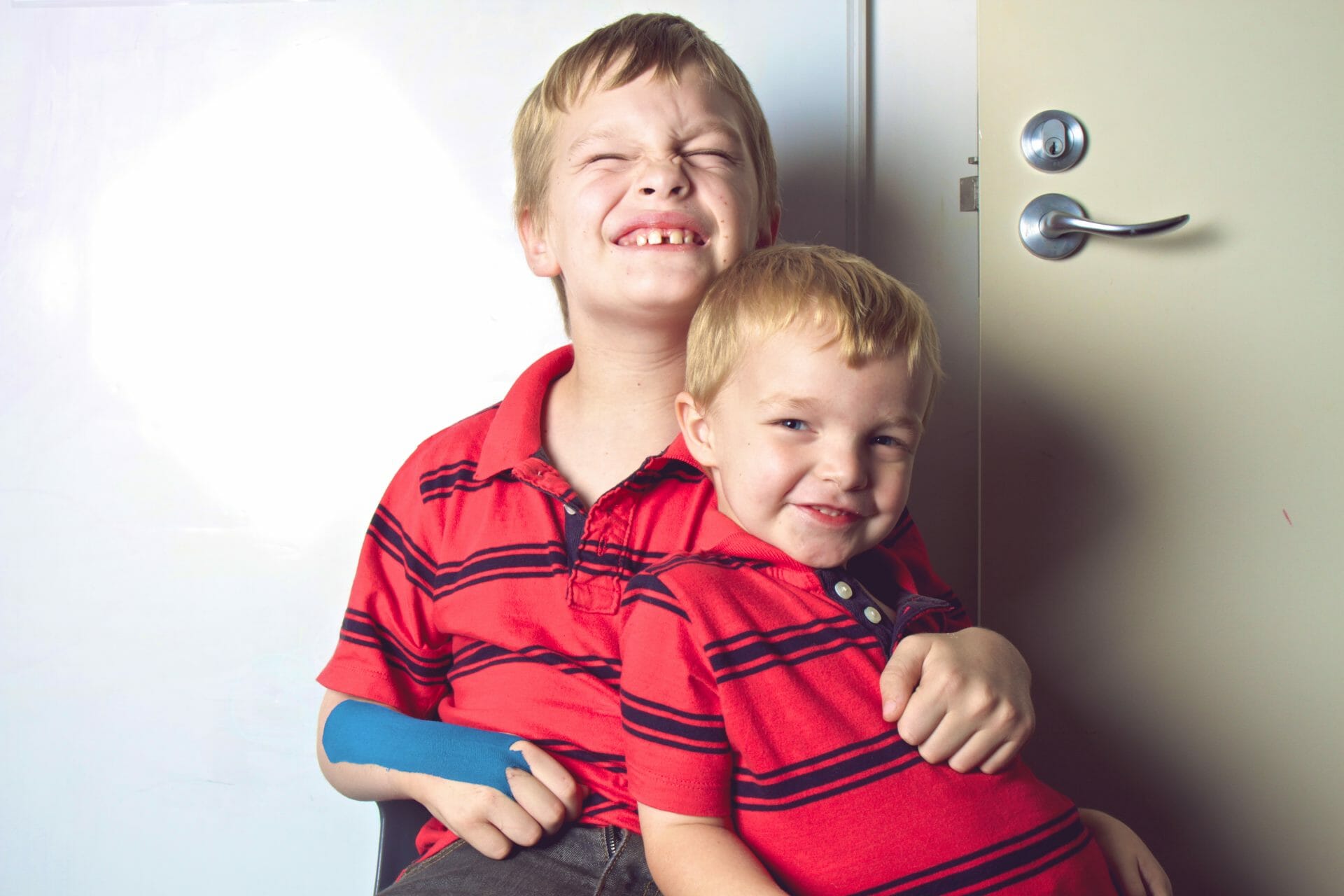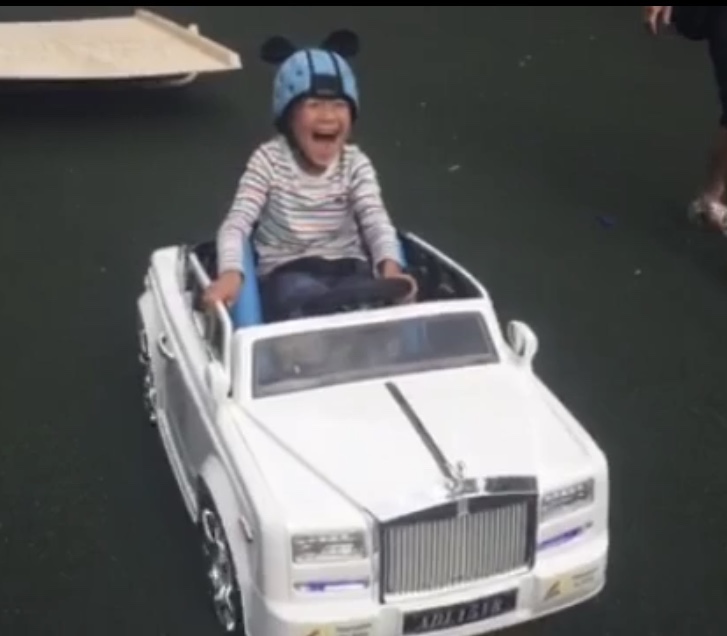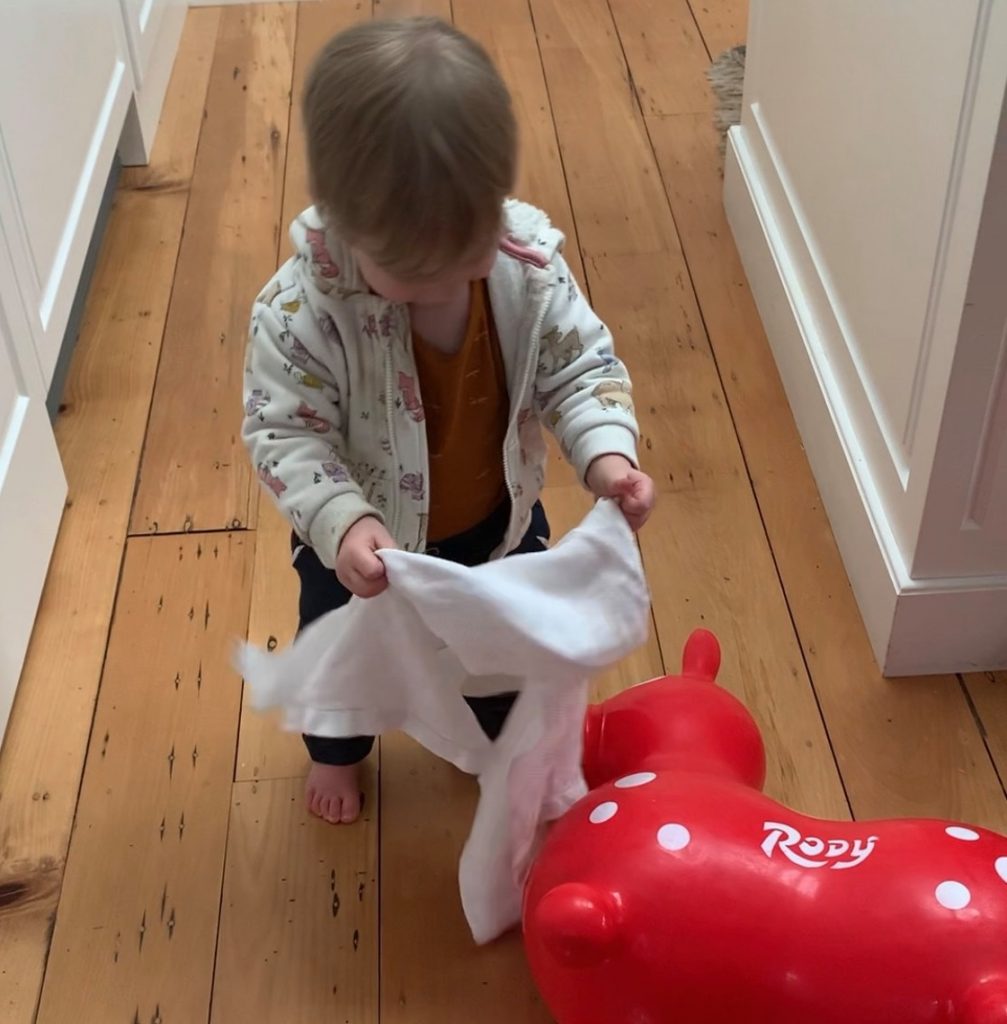 Function
Function
 Family
Family
 Function
Function
 Family
Family

Coming Coming Coming Coming Coming Coming Coming Coming Coming

Once Kanga got the hang of his new car, he loved driving over the teeter totter.

A couple weeks ago I discussed the development of social play. This week I will discuss a type of play…
Selective mutism (formerly known as elective mutism) usually happens during childhood. A child with selective mutism does not speak in…
Subscribe to receive updates on new blog posts:
Therapies For Kids acknowledges the Traditional Custodians of the land on which we live and work. We pay respect to Elders past, present and emerging.
Please type in your search query below: